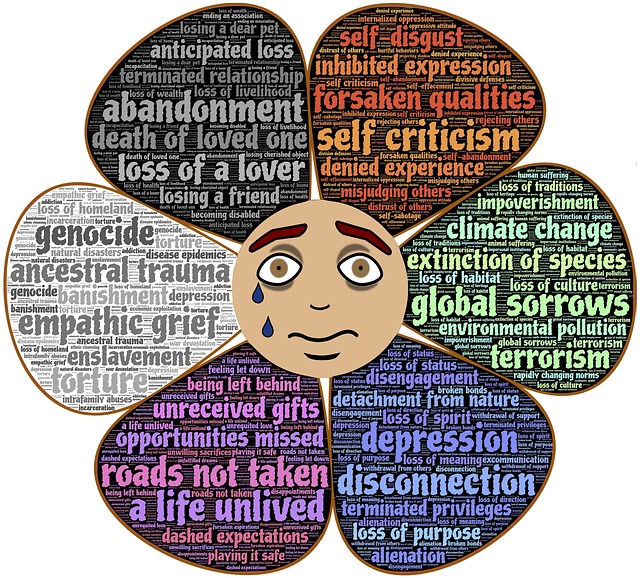Gwynn Scheltema
Often among writers, the recurrent discussion over plotting versus pantsing ends with us acknowledging that there is no definitive “winner.” The creative mind, after all, is an elusive, complicated, temperamental entity.
So what about the question: Write by hand or keyboard?
I’m sure you’ve heard these common arguments for or against:
- I can’t write as fast as I think!
- I love the tactile feel of a pen and paper.
- It’s much easier to carry a notebook with me.
- I can’t read my own handwriting.
- I have to waste time typing up what I’ve written afterwards.
It is already a proven fact that taking notes by hand improves learning, understanding and processing information, and remembering it afterwards. It’s also obvious that our writing needs to be typed up at some point and many of us are faster on the keyboard. We can also edit typed text more readily and send it out.
But, I know for myself, I feel differently when I’m holding a pen. I believe I’m more connected to the work and I feel like I write more authentically. So is there evidence that this could be true? Can our choice of writing implement affect how we create?
My Experience
I’ve been a creative writer for almost thirty years and I write both ways— but I always create in the same patterns:
I always compose poetry longhand, I do free writing by hand, and I begin fiction pieces longhand.

I prefer to type when I’m working from an outline or extending something that’s well underway. I also find it easier to write genre fiction on the computer than memoir or literary fiction. I always type business writing directly into the computer.
So pulling back and analyzing this, it seems that I choose longhand for projects where I must delve deeply into my creative well and find ideas and get the juices flowing. I also use it to access memory and emotion. Once I have the ideas in my head, I revert to the keyboard to get the work done. And as business writing for me is largely formulaic, it’s always a case of “getting the work done”.
Could my choices be based in science?
Emotion
We’ve all heard about writing being cathartic, relieving stress and helping diminish trauma. This is one of the great benefits of journalling. And there’s evidence that handwriting may be better for this form of therapy than typing:

Virginia Berninger at the University of Washington concluded from her studies: “When we write a letter of the alphabet, we form it component-stroke by component-stroke, and that process of production involves pathways in the brain that go near or through parts that manage emotion.”
Another 2005 study by Chris R Brewin and Hayley Lennard in the Journal of Traumatic Stress found that writing about a stressful life experience by hand, instead of typing it, led to higher levels of self-disclosure and a greater variety of words used to describe the experience.
Perhaps the emotional component in my poetry. freefall writing and non-genre writing is the reason I prefer to write them longhand?
Motor activity and focus
When we write, we are finding, formulating and externally processing our thoughts, all at the same time.

In the words of neuroscientists, writing is a complicated combination of perception, motor commands and kinesthetic feedback. Writing by hand is a two-way street, an inter-dependency, with the visual focus at the point of the pen.
Typing, by contrast, is a physically disembodied action, we’re focussing only on the screen. There’s no physical two-way communication.
“The primary advantage of longhand is that it slows people down,” says Daniel Oppenheimer, a professor of psychology at Carnegie Mellon University.
That makes sense for my process: The beginning stages of telling my story need to be handwritten. Slowing down gives me more opportunity to access thought and formulate it before communicating it. The kinesthetic process lets me feel more connected. I’m also free to scribble notes, make diagrams, shove in arrows or circle important matter. I’m dealing with an unformed creation and have the freedom to let it speak through me, before it is locked into formal text.
Once the ideas are formed, then typing can take over: faster, more convenient and easily manipulated.
So, handwriting or typing?
As I said at the start, there is no one answer. It’s all up to you. But perhaps knowing a smidgen of the science behind it, you can tailor your own choices.

Or perhaps technology will solve the problem for us with the new wave of e-writers: write by hand and convert to text.
Last word (or video?)
Jake Weidmann is one of only 12 people in the world who holds the title of Master Penman. He sees handwriting as a creative art form in itself and a direct link to his creative mind.



I have always felt that writing by hand helped to learn and remember better. It’s nice to know that science supports my feelings.
Like you, I like the feel of the pen and paper. I also prefer to read actual books, not e-books.
Yes when I use my favorite pen and nice paper somehow my mind prepares the words I seem to see this person and emotions come alive but all that takes more time. With typing I can fill a page fast I am careless because I reread and correct my spelling..Yes, there is a difference Thanks I never gave it a thought
I guess the trick is to know yourself and use the right tool for the occasion.